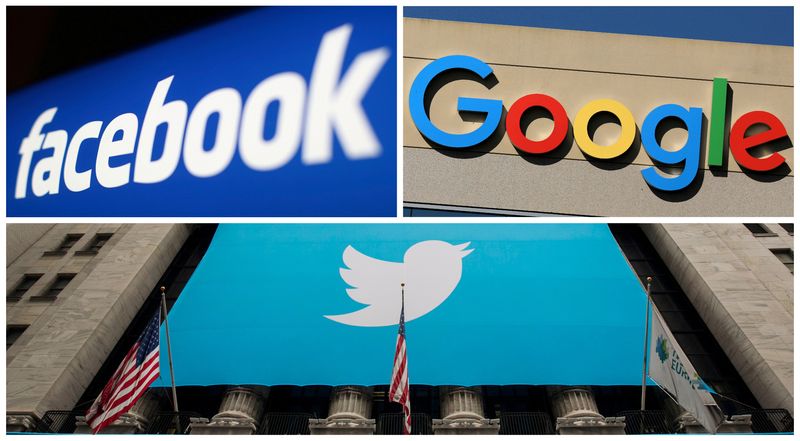The law protecting social networks, what’s wrong
2022.12.08 01:40
[ad_1]

The law protecting social networks, what’s wrong
Budrigannews.com – The Biden administration argued on Wednesday in front of the U.S. Supreme Court that social media giants like Google might be responsible for user content in some cases, a position that could undermine a federal law that protects businesses from liability.
In the high-profile lawsuit filed by the family of Nohemi Gonzalez, a 23-year-old American citizen who was killed in 2015 when Islamist militants opened fire on the Paris bistro where she was eating, lawyers for the U.S. Department of Justice made their case.
The family argued that Google was partly to blame for Gonzalez’s death because Google-owned YouTube’s algorithms basically suggested videos by the Islamic State group to some users. Alphabet Inc. (NASDAQ:.O) owns YouTube and Google.
After the 9th U.S. Circuit Court of Appeals in San Francisco sided with Google, stating that Section 230 of the Communications Decency Act of 1996 protected them from such claims, the case reached the Supreme Court.
According to Section 230, companies that operate social media platforms cannot be considered the publishers or speakers of any information provided by other users.
The law has received severe criticism from all political parties. Social media companies, according to Democrats, get away with spreading false information and hate speech.
Republicans claim that Facebook’s (NASDAQ:) decisions enable censorship of right-wing voices and other politically unpopular viewpoints. furthermore, Twitter to boycott spread of a New York Post article about the child of then-Vote based up-and-comer Joe Biden’s grown-up child, Tracker, in October 2020.
Reading Airbus A321 XLR has received US approvals
The Biden organization, in its documenting to the High Court, didn’t contend that Google ought to be held at risk in the Gonzalez case and voiced solid help for a large portion of Segment 230’s securities of virtual entertainment organizations.
However, the attorneys for the DOJ stated that algorithms utilized by YouTube and other providers should be examined in a different manner. They requested that the case be sent back to the 9th Circuit for further consideration by the Supreme Court.








